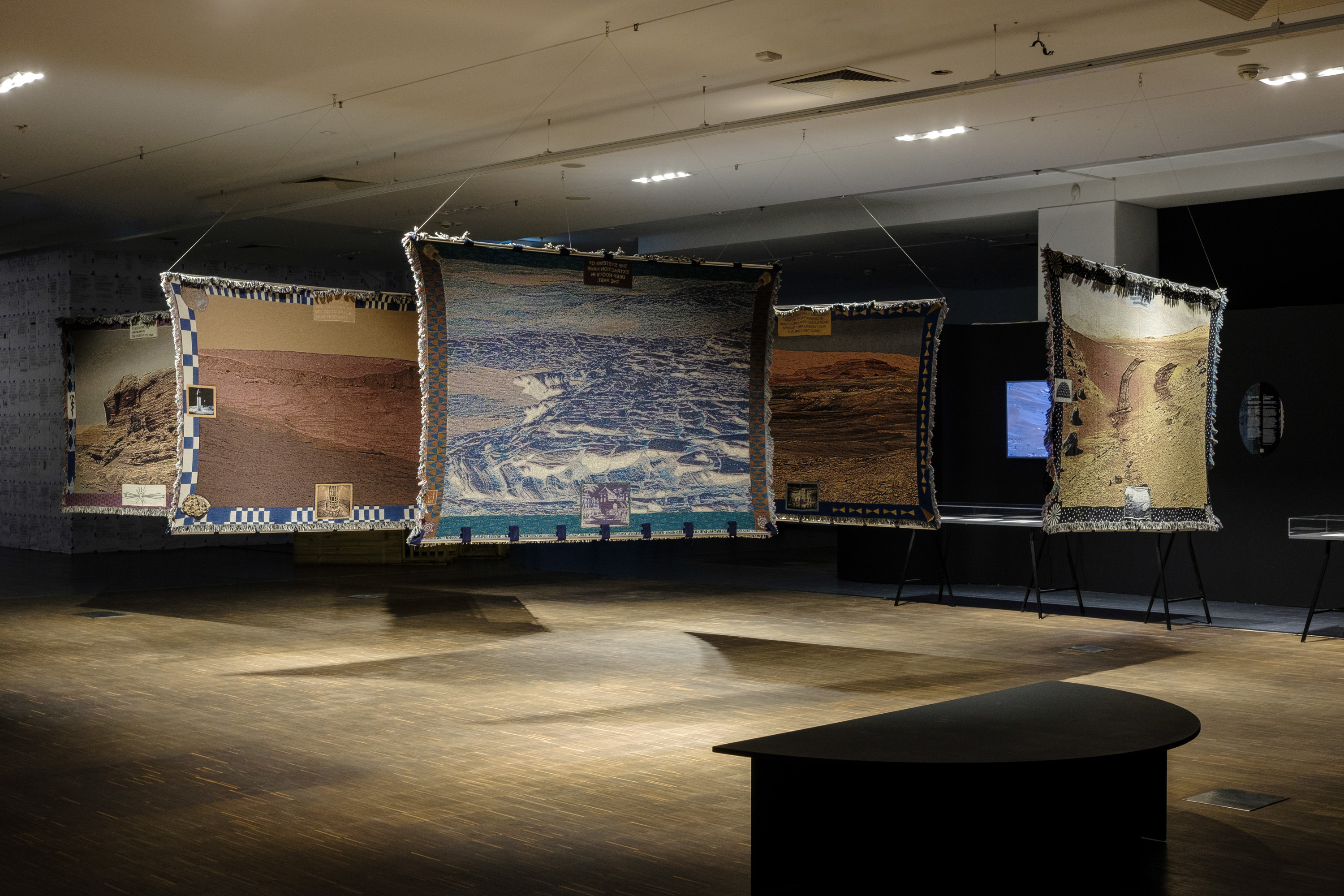The destabilization of the Middle East, which has been taking place during the last 5 years, has brought with it a wave of violence and wars, which this region had not known for decades: civil war in Syria, slow disintegration of Iraq, the foundation of Islamic State or a wave of refugees searching in Europe rescue from living hell, in which huge areas of the Middle East have turned into. These are the most known episodes and aspects of mentioned destabilization. Much less popularized is a fact, which concerns a progressive and giving hope experiment growing in the very eye of the cyclone, namely Democratic Federation of Northern Syria – Rojava. It is a particular political structure, a kind of “democracy without a state,” as Dilar Dirik herself describes it. It is based on the ideas of democratic confederationism developed by the Kurdish activist Abdullah Öcalan and inspired by the writings of the American libertarian socialist and anarchist Murray Bookchin. It was built to a large extent by women in the absence of men engaged in waging war on many fronts, based on the principles of democratic organization of power and gender equality.
The lecture was part of the Solidarity 2.0, or Democracy as a Form of Life programme (curated by Jan Sowa), dedicated to various contemporary forms of organisation based on the principles of self-governance and self-organisation.
Dilar Dirik is a sociologist and activist. Native of Kurdistan, she is actively involved in Kurdish feminist and freedom movements. In recent years, Dilar has repeatedly appeared all over the globe, speaking about building a stateless democracy in the region of Kurdistan, particularly in Rojava, area located in the north-west Kurdistan. She published, among others, in Open Democracy, Roar and New Compass. She holds PhD from the Department of Social Sciences at the Cambridge University, UK. She is the author of the book The Kurdish Women’s Movement: History, Theory, Practice (2022).
